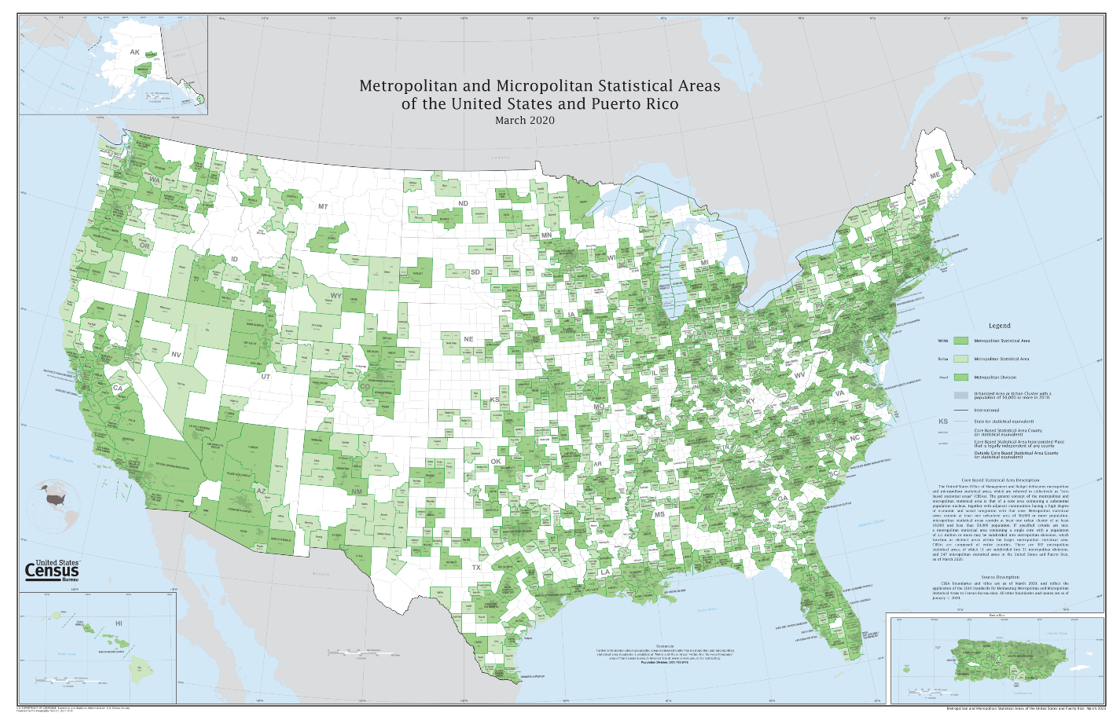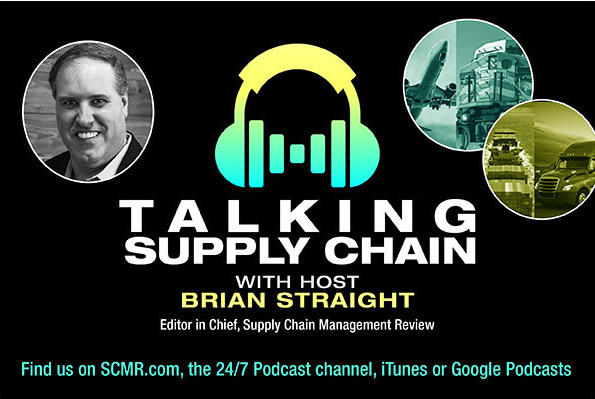The transportation industry is a critical backbone of global supply chains, yet its cost structures remain highly volatile. Market fluctuations, fuel price changes, carrier availability, and unexpected disruptions make accurate freight cost prediction a complex task. Companies often resort to spot bidding when immediate shipments are required, which can lead to excessive costs due to carrier pricing strategies.
Artificial intelligence (AI) has emerged as a transformative solution for addressing these challenges. AI-powered predictive models leverage historical data, real-time market trends, and advanced algorithms to generate cost estimates that improve procurement efficiency. By using machine learning, companies can predict the “should-be” cost of a transportation lane, allowing logistics teams to negotiate more effectively and avoid inflated rates.
However, AI models face key challenges in implementation:
- Data scarcity and granularity issues: Many lanes, particularly new or less frequently used ones, have limited historical data at the origin-destination or zip code level.
- Market volatility: External disruptions, such as economic shifts, geopolitical events, and weather conditions, can significantly impact transportation costs.
- Integration with procurement systems: AI models must be seamlessly integrated into existing transportation management systems (TMS) for real-time applications.
- Continuous learning requirements: AI models must be updated regularly with new data to maintain accuracy in a constantly evolving market.
MSAs: A better alternative
Metropolitan Statistical Areas (MSAs) offer a practical solution to some of the challenges faced by AI cost prediction models. An MSA is a geographic region defined by the U.S. Office of Management and Budget (OMB) that includes an urban core with significant economic and social connectivity to surrounding areas. Unlike zip codes or specific origin-destination pairs, MSAs provide a broader, more stable dataset that captures overall regional trends.

Incorporating MSA-level data into AI-driven forecasting models offers several advantages:
- Improved data density: Aggregating freight cost data at the MSA level provides a larger dataset, reducing noise and enhancing model accuracy.
- Macro-level economic indicators: MSAs capture regional economic conditions, such as employment rates and industrial output, which influence transportation demand.
- Market generalization: Since transportation costs often follow regional trends rather than specific zip codes, MSAs provide a more reliable and predictive data structure.
Metropolitan Statistical Area data is proving invaluable in AI-based transportation forecasting. For example, AI models trained on comprehensive MSA-level data yield more accurate freight cost predictions compared to models that rely solely on fragmented zip code data. This enhanced granularity enables better carrier capacity optimization by analyzing local supply and demand trends to recommend the most efficient routing and capacity utilization strategies.
In addition, dynamic pricing strategies benefit significantly; real-time pricing models can leverage detailed MSA insights to anticipate rate fluctuations, allowing logistics teams to schedule shipments cost-effectively. Moreover, the integration of MSA data into AI systems improves disruption management by forecasting potential disturbances—such as traffic congestion, adverse weather conditions, or economic downturns—and offering alternative routing options. Overall, utilizing MSA-level information equips transportation companies with a more refined, data-driven perspective on regional market dynamics, leading to smarter decision-making, enhanced operational efficiency, and reduced transportation costs in an increasingly volatile market environment.
The value MSAs add to transportation cost prediction models
Integrating MSA data into AI-driven transportation cost models significantly enhances predictive capabilities by allowing for better cost generalization. Instead of relying on localized data that often lacks sufficient detail, MSA-level aggregation enables models to identify broader regional patterns that inform more accurate cost estimations. This grouping not only provides a richer context but also smooths out anomalies, allowing the model to capture underlying trends that might be missed with finer, less stable data.
Moreover, using MSA data reduces the impact of short-term volatility common in smaller geographic segments. By reflecting pricing trends across a larger area, these models are less swayed by transient fluctuations and provide more stable predictions. Additionally, benchmarking becomes more effective, as shippers and carriers can compare freight costs against industry standards at the MSA level, leading to improved negotiation leverage and enhanced cost transparency. The larger, more comprehensive datasets also improve machine learning training by offering more diverse historical data, thereby minimizing prediction errors. Ultimately, leveraging MSA data empowers logistics teams to make better-informed decisions, optimize transportation spending, and navigate market uncertainties with greater confidence.
Benefits to companies
For companies engaged in large-scale logistics operations, integrating AI with MSA-based freight forecasting delivers significant benefits for both the organization and its leadership. AI-driven insights empower procurement teams to secure fair pricing, avoid overpayment, and negotiate competitive contracts, while also providing managers with clear data to oversee and optimize cost structures. Accurate forecasts support improved budgeting and financial planning, enabling senior leadership and financial managers to set realistic transportation budgets and reduce the risk of unexpected cost overruns.
Moreover, these AI-powered models enhance operational agility by quickly detecting market changes, which bolsters supply chain resilience and aids strategic decision-making at the executive level. However, adopting these solutions often requires a shift in organizational mindset and behavior. Managers and senior leaders must champion change management efforts, ensuring employees are trained to trust and use AI-driven tools effectively. Transparent, data-driven negotiations not only lead to stronger relationships with carriers and third-party logistics providers but also offer managers valuable benchmarks for performance and growth.
Additionally, using MSA data provides a scalable approach to forecasting, making it easier for companies to expand into new markets without the burden of gathering overly granular, lane-specific information. This comprehensive solution thus benefits operational teams, management, and senior leadership alike by streamlining processes, reducing costs, and supporting informed, strategic planning.
Summary
AI is revolutionizing transportation cost forecasting, providing companies with data-driven insights to optimize procurement strategies. However, challenges related to data scarcity and market volatility necessitate alternative approaches. In addition, a well-structured behavioral change management plan is crucial to help teams adapt to AI-driven workflows, ensuring the technology is adopted effectively across the organization. Metropolitan Statistical Areas (MSAs) offer a more stable, aggregated dataset that enhances AI model performance, reducing volatility and improving cost prediction accuracy. By leveraging AI and MSA-level data together, businesses can optimize freight costs, improve financial planning, and strengthen supply chain resilience in an increasingly complex logistics landscape. The future of AI-powered transportation cost prediction lies in the strategic integration of regional economic indicators, ensuring smarter decision-making and long-term competitiveness.
About the author
Sudesh Kesarkar is an e-commerce supply chain manager at Walmart, specializing in advanced analytics, operations research, and AI-driven optimization.
SC
MR


More Transportation Costs
What's Related in Transportation Costs

 Explore
Explore
Topics
Business Management News
- C.H. Robinson rolls out AI agent to address LTL classification overhaul
- Danone latest to announce new US investment
- From flight decks to fulfillment: A veteran’s supply chain journey
- Employee versus enterprise AI adoption
- Uber Freight’s Val Marchevsky to deliver Keynote at NextGen Supply Chain Conference
- Unlocking the green grid: Innovations for eco-friendly last mile
- More Business Management
Latest Business Management Resources

Subscribe

Supply Chain Management Review delivers the best industry content.

Editors’ Picks




